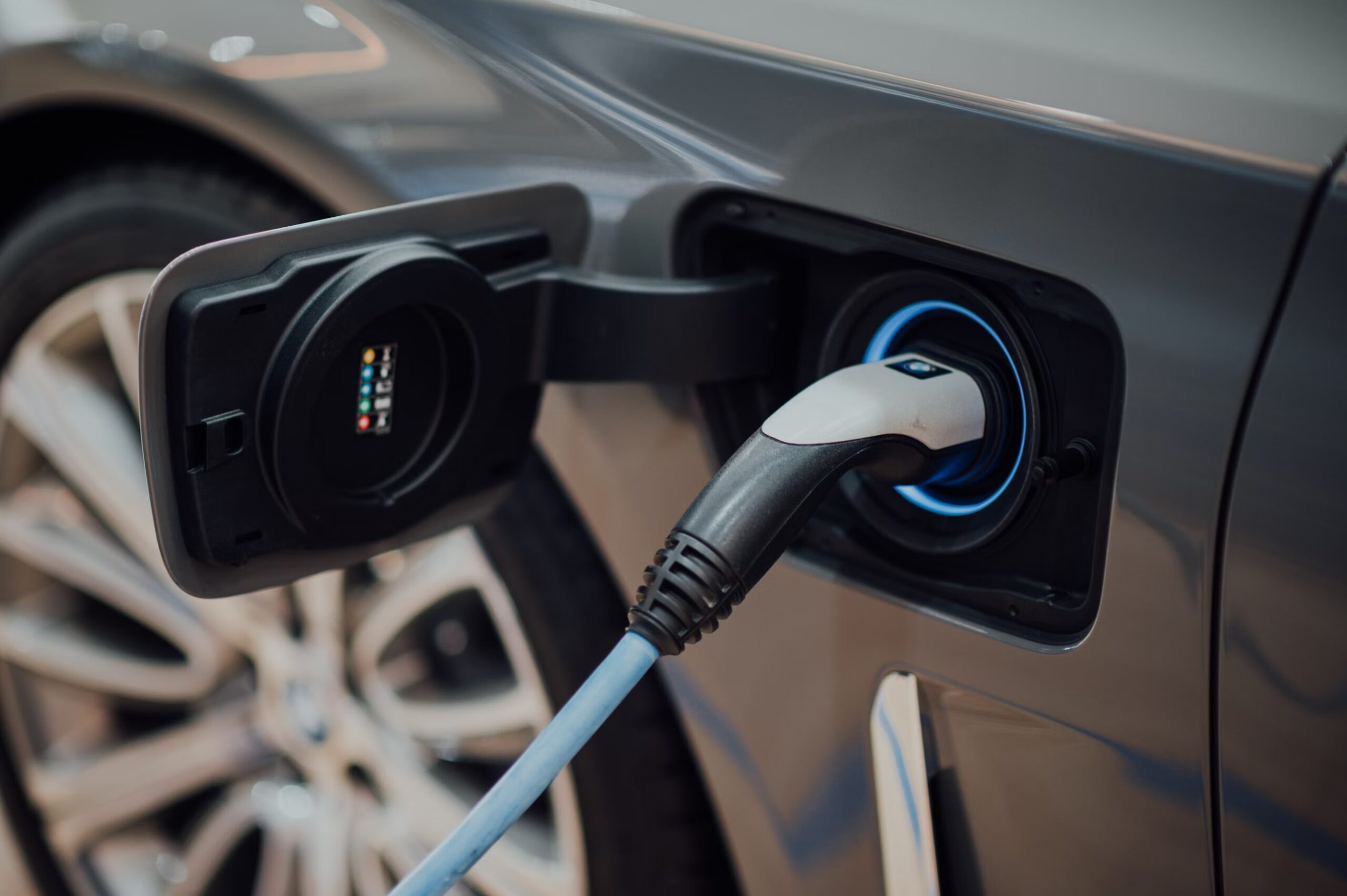
Purchasing your first electric vehicle (EV) is an exciting decision, marking a step towards a greener future. However, it can also feel overwhelming, especially if you’re used to petrol or diesel cars. EVs operate differently, both in terms of technology and practicality, and there are several key factors to consider before making your decision. Here’s a guide to help you navigate the most important considerations when buying your first electric car.
Range is one of the most critical factors when buying an electric car. Modern EVs can typically drive between 250-600 km on a full charge, depending on the model and battery capacity. It’s important to assess your own driving needs. Do you mostly take short trips around town, or do you commute long distances daily?
If you primarily drive short distances, a car with a lower range might suffice, and you can charge at home without worry. On the other hand, if you commute long distances or often drive on highways, where the range tends to drop more quickly, it may be wise to opt for a vehicle with a larger battery.
Tips:
One of the biggest differences between electric and traditional cars is how they “refuel.” Instead of filling up at a petrol station, you charge your EV with electricity, which introduces new possibilities but also some challenges.
Home Charging: If you can install a charging station at home, you’ll have the most flexibility. Home charging is typically cheaper and more convenient, as you can charge overnight when electricity prices are often lower. However, this requires access to a private parking space and an initial investment in a charging box.
Public Charging: If home charging isn’t an option, you’ll need to rely on public charging stations, which may require some planning since charging times vary depending on the station. Fast chargers can power up to 80% in 20-40 minutes, while standard chargers can take several hours.
Tips:
While EVs typically have a higher upfront cost than comparable petrol or diesel cars, there are several financial advantages that can make them more attractive in the long run.
Running Costs: Electric cars have lower running costs since they require less maintenance than traditional vehicles. They have fewer moving parts, meaning fewer repairs and no need for oil changes. Electricity is also cheaper than petrol or diesel, and charging at home can save you even more if you take advantage of low electricity rates.
Financial Incentives: Many countries, including Denmark, offer financial incentives for EV buyers. These could include lower registration fees, discounts, or tax deductions for installing home chargers. It’s a good idea to research available incentives in your area.
Tips:
Driving an electric vehicle offers a different experience from a traditional petrol or diesel car. EVs are known for their smooth, quiet drive and quick acceleration due to the instant torque from the electric motor. However, there are some differences to keep in mind:
Charging Time: Unlike petrol cars, where refueling takes just a few minutes, charging an EV takes longer. Fast chargers can reduce waiting time, but it still requires more planning.
Battery: The battery is a crucial component of an EV, affecting both range and performance. Over time, the battery’s capacity will decrease slightly, but most modern EVs are designed to retain the majority of their capacity for many years.
Climate Conditions: Temperature can affect battery performance. Cold winters may reduce the range, while very hot weather can increase the use of air conditioning, which can also impact battery efficiency.
Before buying your first electric car, it’s important to assess whether it fits your lifestyle and driving needs. If you live in a city with plenty of charging options and take short trips, an EV could be an excellent choice. However, if you frequently drive long distances in areas with limited charging infrastructure, a hybrid car might be a better transitional solution.
Tips:
Buying your first electric car involves more considerations than you might be used to with traditional cars. From range and charging times to financial incentives and practical differences, it’s important to take the time to assess what best fits your needs. With the right considerations, an EV can be a sustainable and cost-effective choice that will serve you well for many years to come.
